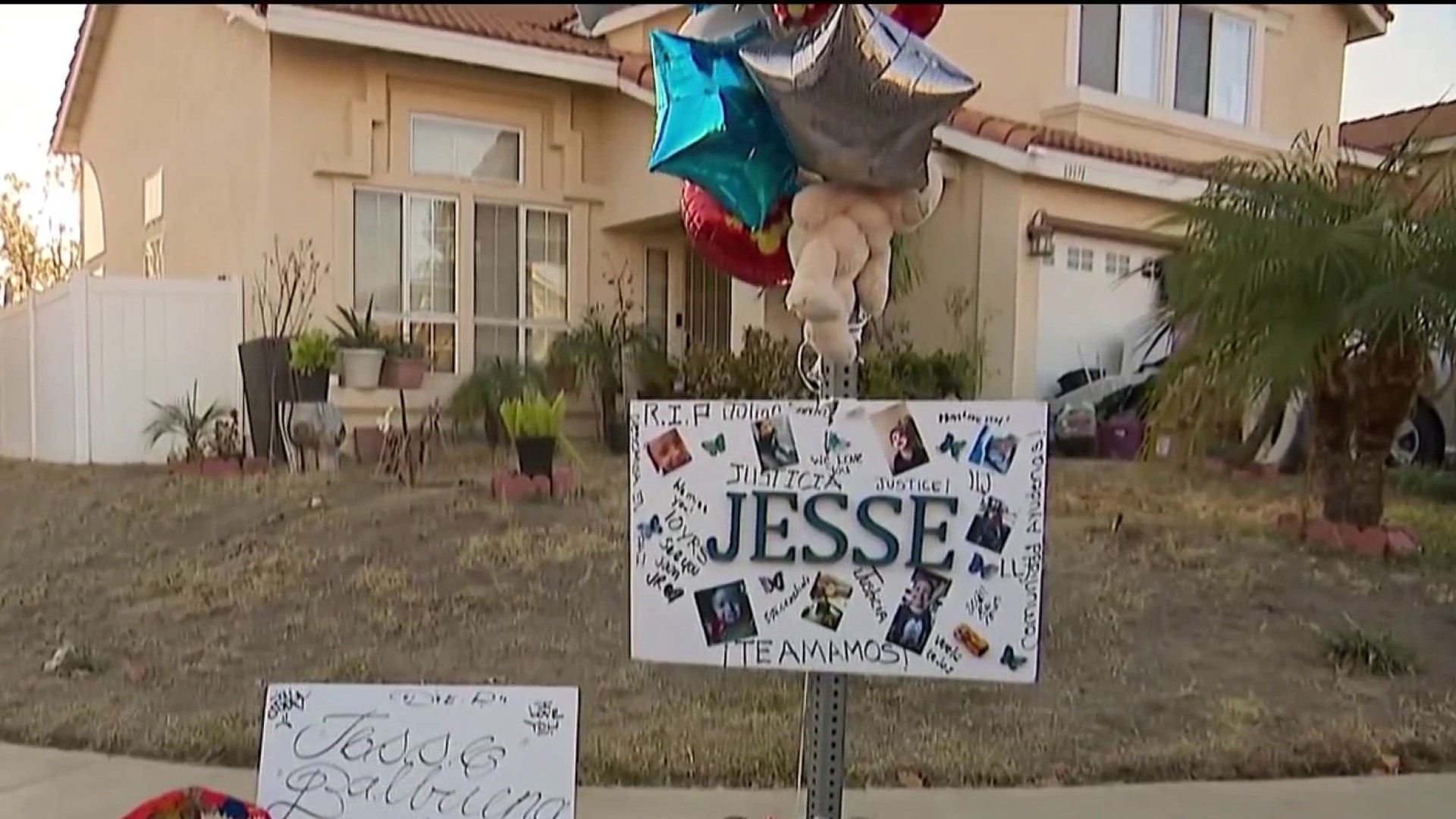The challenge of relocating the hundreds of exotic animals that remain at the no longer licensed Wildlife Waystation could take as long as a year, according to the state agency that has taken control of the property and oversight of the animal care.
"I've heard anything from several months to a year," said Jordan Traverso, a spokeswoman for the California Department of Fish and Wildlife. "It's going to take a really long time. It's a lot of animals."
Many need veterinary care, she said.
Tuesday the CDFW announced it had been notified that the Waystation's Board of Directors "had voted to surrender the facility's CDFW permit voluntarily and to close the facility."
It signaled the final curtain for a pioneering sanctuary that founder Martine Colette had launched 43 years ago on the site above Sylmar in a ravine of Little Tujunga Canyon.
Colette was responsible for rescuing 77,000 animals, including exotics such as tigers and lions, and the Waystation became "the first facility to care for chimpanzees from biomedical research laboratories," according to the Waystation. Media coverage of its accomplishments, and its periodic struggles to overcome challenges from nature, brought the Waystation widespread goodwill.
But largely out of public view, problems intensified with aging facilities, regulatory conflicts, and funding squeezes.
News
Top news of the day
"It was bad," said Matthew Simmons, the co-founder of another wildlife rescue center, Lockwood, and known for his Wolves and Warriors program. Simmons had been retained by the Waystation three months ago to tackle the problems threatening its future.
"There were animals on the property they did not have access to — the road had washed out," Simmons said. "I mean, there were crates not staged for animal evacuation. We had fire season coming down on top of us and fire abatement had not happened. So all of that was going on while we were also trying to fix a failing organization. It became insurmountable at some point."
A CDFW statement Tuesday referred to the Waystation as an aging facility that had been extensively damaged in the 2017 Creek Fire and again in flooding in early 2019.
"Wildlife Waystation leadership is unable to repair the facility to current standards," the statement said.
Colette retired before Simmons was brought on board, though she remained on the property. Until recent days she had expressed hope that the Waystation could continue operating. For 43 years, it had been her life's work.
"I am devastated and heartbroken," Colette said in a statement released Friday by the Waystation's longtime publicist. "However, the focus is on what is best for the animals. We need to do the right thing for our residents."
Simmons said during his tenure in charge he concluded that with so many structures in need of repair or upgrade, the best solution would be to move the affected animals to other receptive sites. He launched a relocation program. He envisioned the Waystation transitioning to a sanctuary for native species, he said.
He believes he was forced out by allies of Colette not ready to let go of the Waystation's original mission "to rescue and provide sanctuary for exotic animals from around the world as well as native wildlife."
Three weeks ago, Simmons was notified that there was an issue with his hiring and his services were not needed.
The Waystation issued a statement, dated July 29 and attributed to three board members, that announced a planned review of "non approved & non authorized activities & transactions by staff," but did not specify what they were, nor make any reference to Simmons, but did acknowledge the departure of veterinarian Rebecca Richard.
The subsequent Waystation statement released Friday, "Regarding Closing of Sanctuary," emphasized the split with Richard and Simmons.
"The Wildlife Waystation is no longer associated with these individuals, they are not involved with the facility, and will not be involved in any future animal placement processes," reads the statement in part.
Other staff members remain at the Waystation. They will continue to provide care for the animals until they can be placed, according to the statements released by both the Waystation and CDFW.
Simmons said a relocation of three chimps he had arranged before he was terminated will be carried out this weekend. Chimps Northwest in Seattle will be their new home. One, Honey Bee, will be reunited with her mother.



